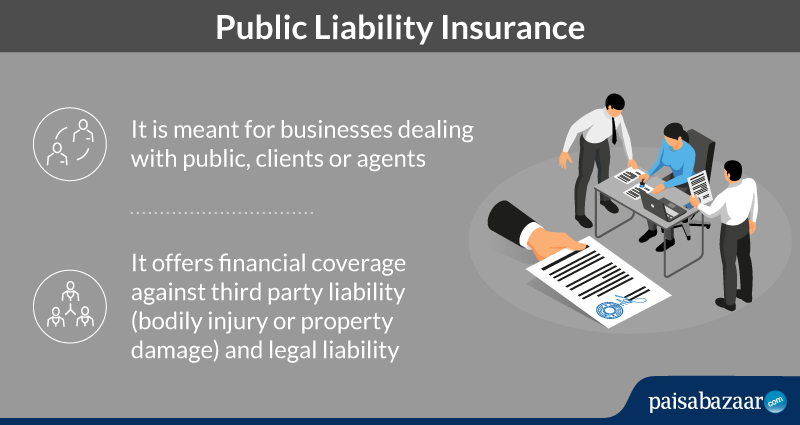Whole life and universal life insurance are both considered permanent policies. That means they're designed to last your entire life and won't end after a certain amount of time as long as needed premiums are paid. They both have the potential to accumulate cash value with time that you might be able to obtain versus tax-free, for any factor. Because of this feature, premiums may be higher than term insurance coverage. Entire life insurance policies have a fixed premium, meaning you pay the exact same quantity each and every year for your protection. Much like universal life insurance coverage, whole life has the possible to collect money value gradually, producing an amount that you may be able to obtain versus.
Depending on your policy's prospective cash value, it might be utilized to avoid a superior payment, or be left alone with the potential to collect value with time. Prospective development in a universal life policy will vary based upon the specifics of your specific policy, as well as other aspects. When you buy a policy, the releasing insurance business develops a minimum interest crediting rate as detailed in your contract. However, if the insurer's portfolio makes more than the minimum interest rate, the business might credit the excess interest to your policy. This is why universal life policies have the potential to earn more than an entire life policy some years, while in others they can earn less.
Here's how: Given that there is a money value component, you might have the ability to skip superior payments as long as the money value is enough to cover your required costs for that month Some policies might allow you to increase or decrease the survivor benefit to match your particular situations ** Oftentimes you may borrow versus the cash value that might have accumulated in the policy The interest that you may have earned gradually builds up tax-deferred Entire life policies use you a fixed level premium that will not increase, the potential to accumulate cash worth gradually, and a fixed death benefit for the life of the policy.

As an outcome, universal life insurance coverage premiums are typically lower throughout durations of high interest rates than whole life insurance coverage premiums, frequently for the very same quantity of coverage. Another key distinction would be how the interest is paid. While the interest paid on universal life insurance is often changed monthly, interest on an entire life insurance policy is usually adjusted each year. This might indicate that throughout durations of rising rates of interest, universal life insurance coverage policy holders might see their money values increase at a quick rate compared to those in entire life insurance coverage policies. Some individuals may choose the set death benefit, level premiums, and the potential for development of an entire life policy.
Although entire and universal life policies have their own distinct features and advantages, they both concentrate on supplying your loved ones with the money they'll require when you pass away. By dealing with a certified life insurance coverage representative or company representative, you'll have the ability to choose the policy that best satisfies your private needs, budget plan, and financial objectives. You can likewise get acomplimentary online term life quote now. * Supplied required premium payments are timely made. ** Increases might undergo additional underwriting. WEB.1468 (What is cobra insurance). 05.15.
Getting My How Does Whole Life Insurance Work To Work
You do not have to guess if you must register in a universal life policy due to the fact that here you can learn all about universal life insurance coverage advantages and disadvantages. It's like getting a sneak peek before you purchase so you can choose if it's the right type of life insurance coverage for you. Keep reading to learn the ups and downs of how universal life premium payments, money worth, and death benefit works. Universal life is an adjustable type of permanent life insurance coverage that allows you to make changes to two main parts of the policy: the premium and the death benefit, which in turn affects the policy's money worth.

Below are a few of the general pros and cons of universal life insurance coverage. Pros Cons Developed to use more flexibility than whole life Doesn't have the ensured level premium that's available with entire life Cash value grows at a variable interest rate, which could yield greater returns Variable rates likewise mean that the interest on the cash value could be low More chance to increase the policy's cash value A policy normally needs to have a favorable money value to stay active One of the most appealing functions of universal life insurance coverage is the ability to choose when and how much premium you pay, as long as payments meet the minimum quantity required to keep the policy active and the Internal Revenue Service life insurance coverage standards on the optimum quantity of excess premium payments you can make (How much is car insurance per month).
However with this flexibility also comes some disadvantages. Let's go over universal life insurance advantages and disadvantages when it pertains to changing how you pay premiums. Unlike other types of permanent life policies, universal life can change to fit your monetary needs when your capital is up or when your budget is tight. You can: Pay greater premiums more regularly than needed Pay less premiums less often or perhaps skip payments Pay premiums out-of-pocket or utilize the cash worth to pay premiums Paying the minimum premium, less than the target premium, or skipping payments will negatively affect the policy's money value.